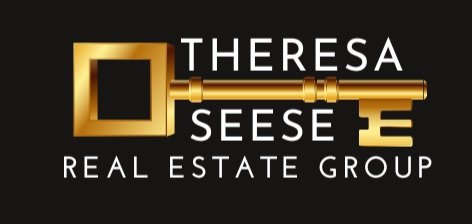When you decide to make an offer on a home, you must submit a written offer that your realtor will prepare.
Most offers also include an earnest money deposit. An earnest money deposit is a small amount of money, typically $500-$1000. The seller may request amount to be higher. Your earnest money deposit goes toward your down payment or closing costs if you buy the home. If you agree to the home sale and decide to back out for reasons other than inspections or financing, you typically lose your deposit. Earnest money can be paid by a wire transfer or a certified check made out to the title co.
From here, the seller can respond in one of three ways:
Accept the offer: If the seller accepts the offer, you can move onto the next step.
Reject the offer: If the seller rejects your offer, the ball is back in your court. You can choose to submit another offer or move onto another home.
Give you a counteroffer: The seller can also come back with a counteroffer of their own. They may change the purchase price or the terms of the sale. You can accept the counteroffer, reject it, or make another counteroffer.
If multiple offers have been received on a property its not unusual for the seller to ask for highest and best from all parties. Buyers will not be made aware of what other offers are. You will have one shot at it. Its important your realtor is knowledgeable on the correct way to assist you with this, especially if its your dream home.
Negotiations may go on for some time after you submit your offer. Let your real estate agent help you manage negotiations – don’t be afraid to walk away if you can’t reach an agreement. Once you and the seller agree to an offer, it’s time to move on to the appraisal and inspection.

